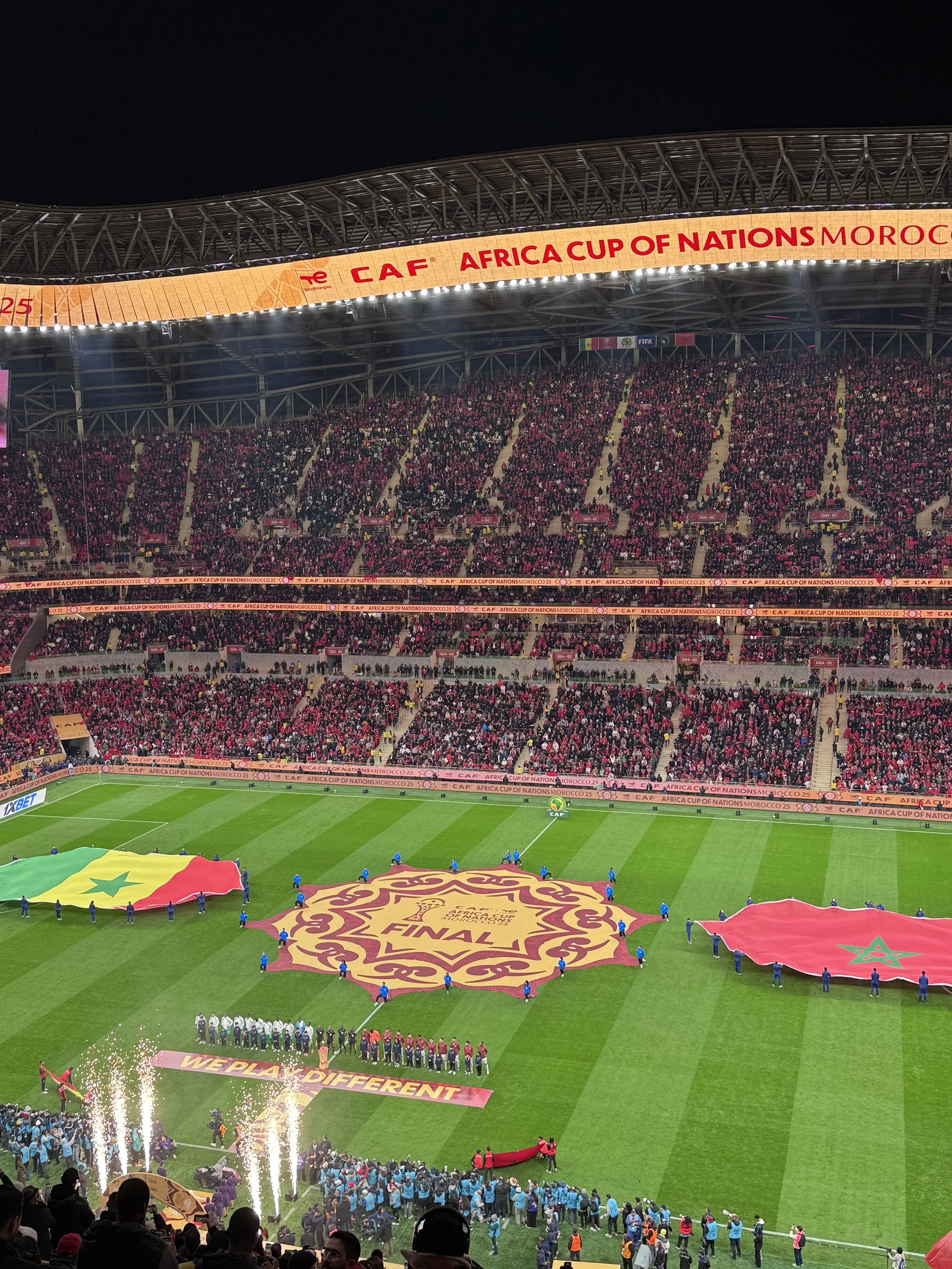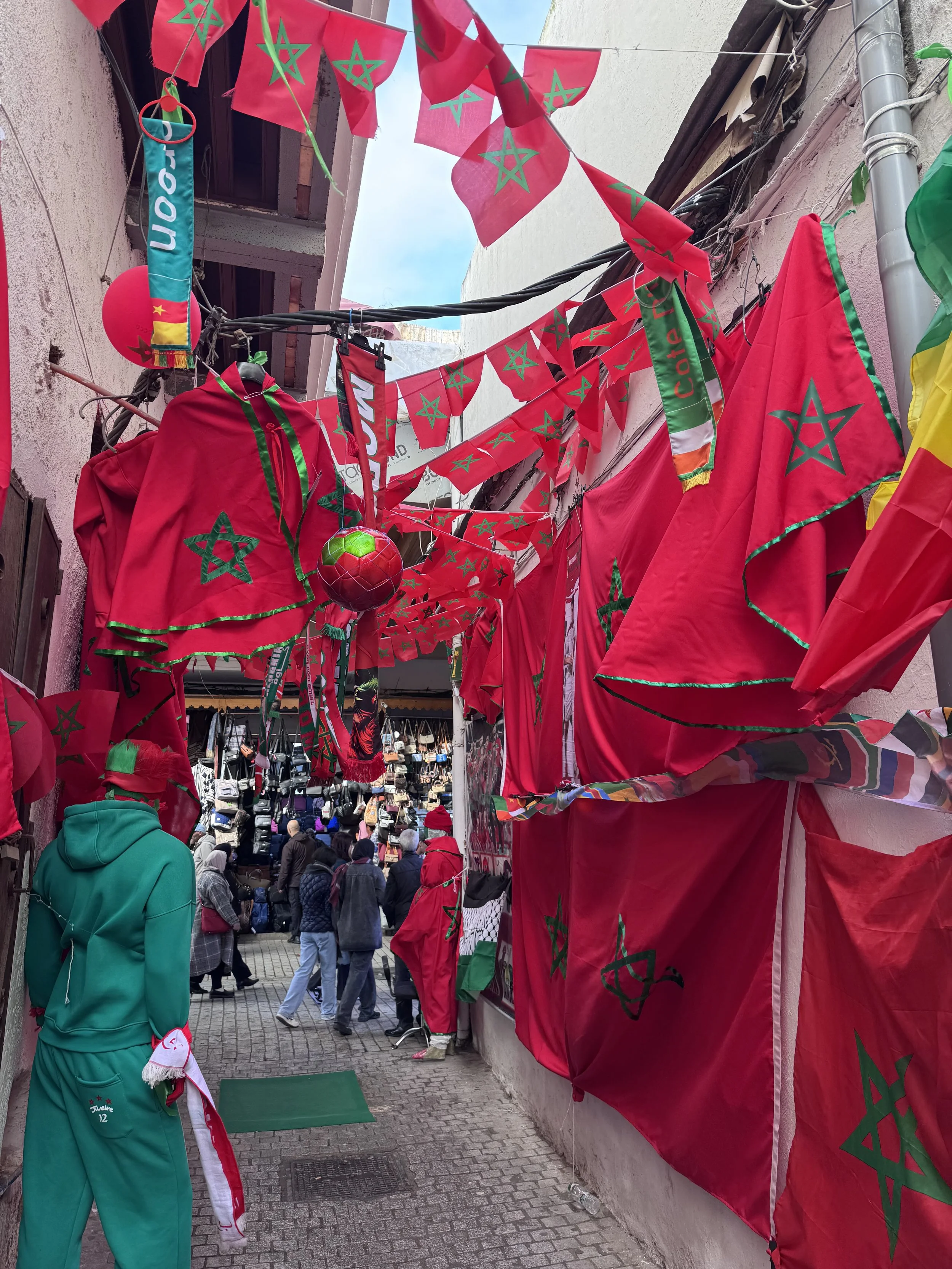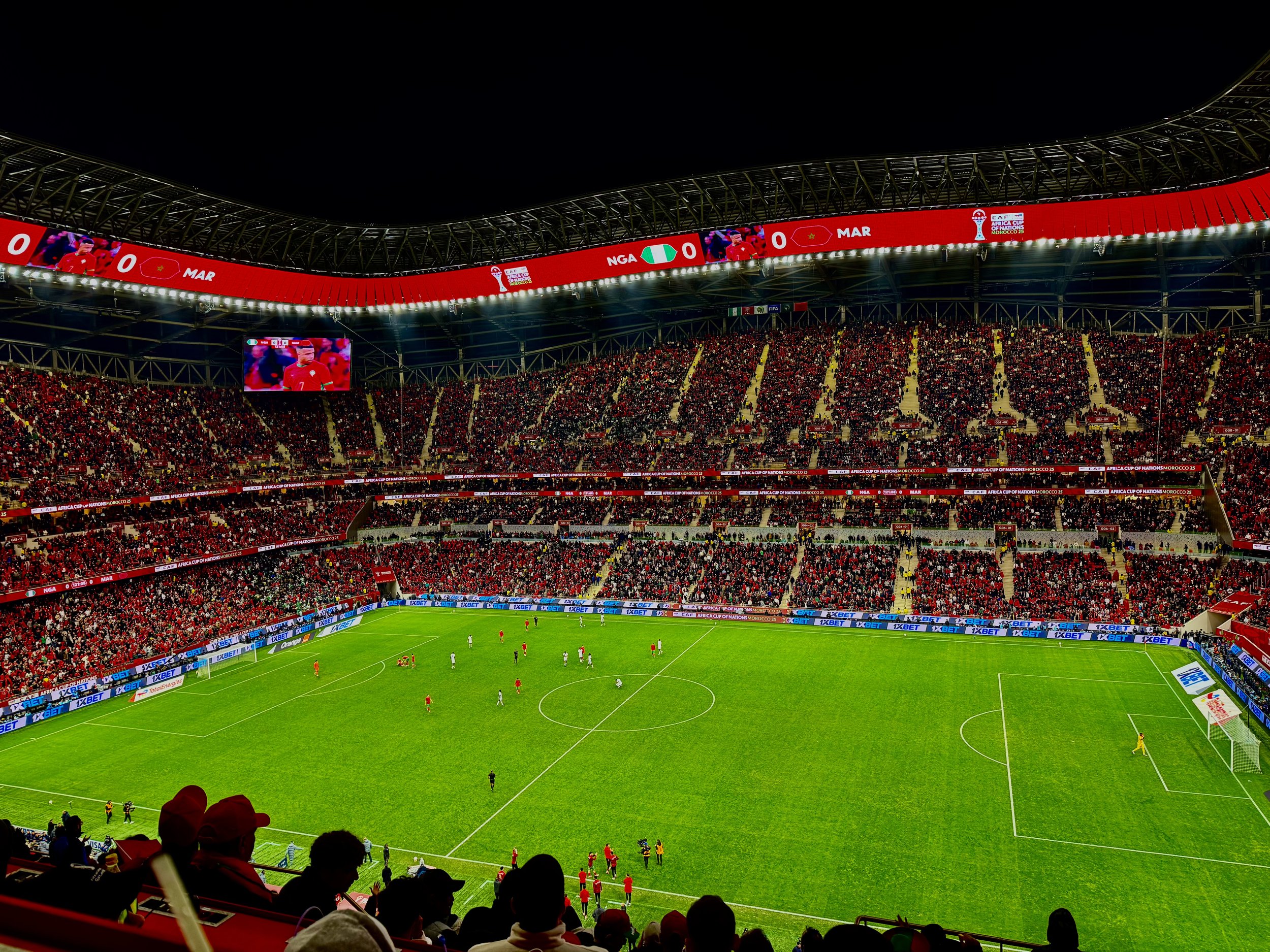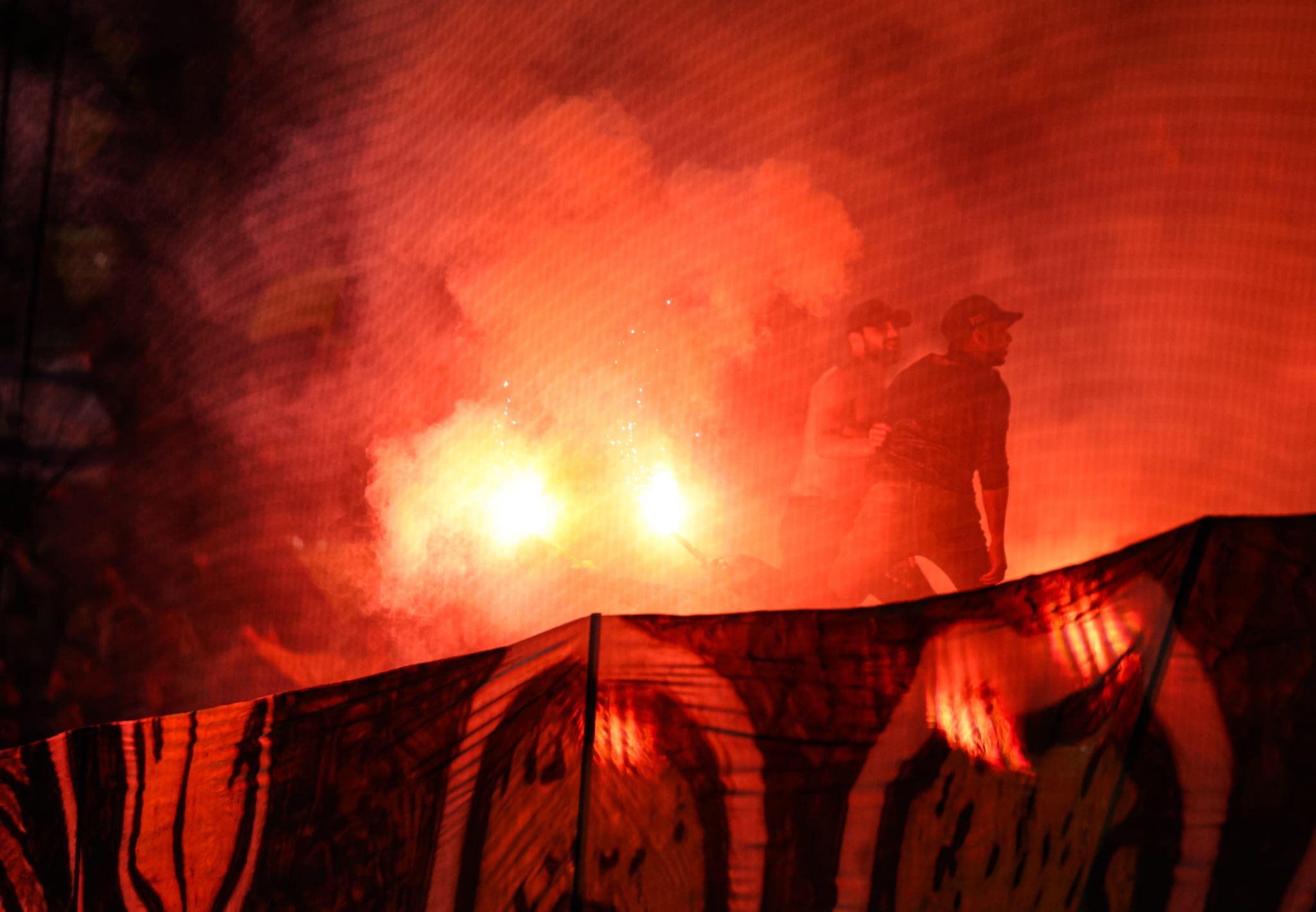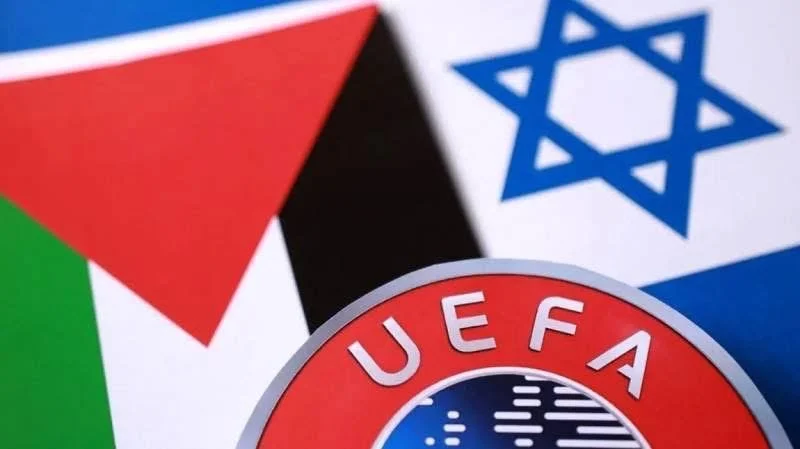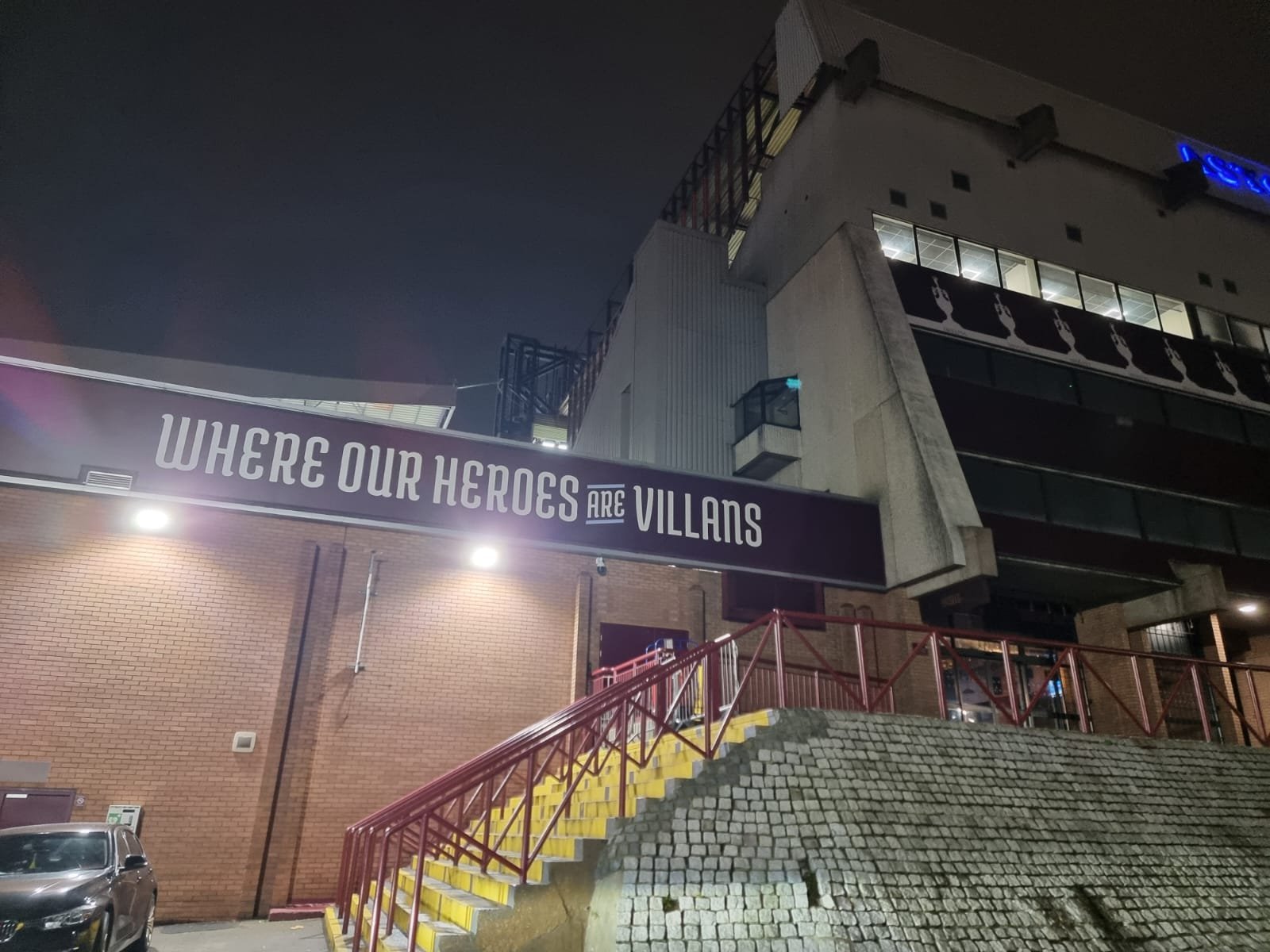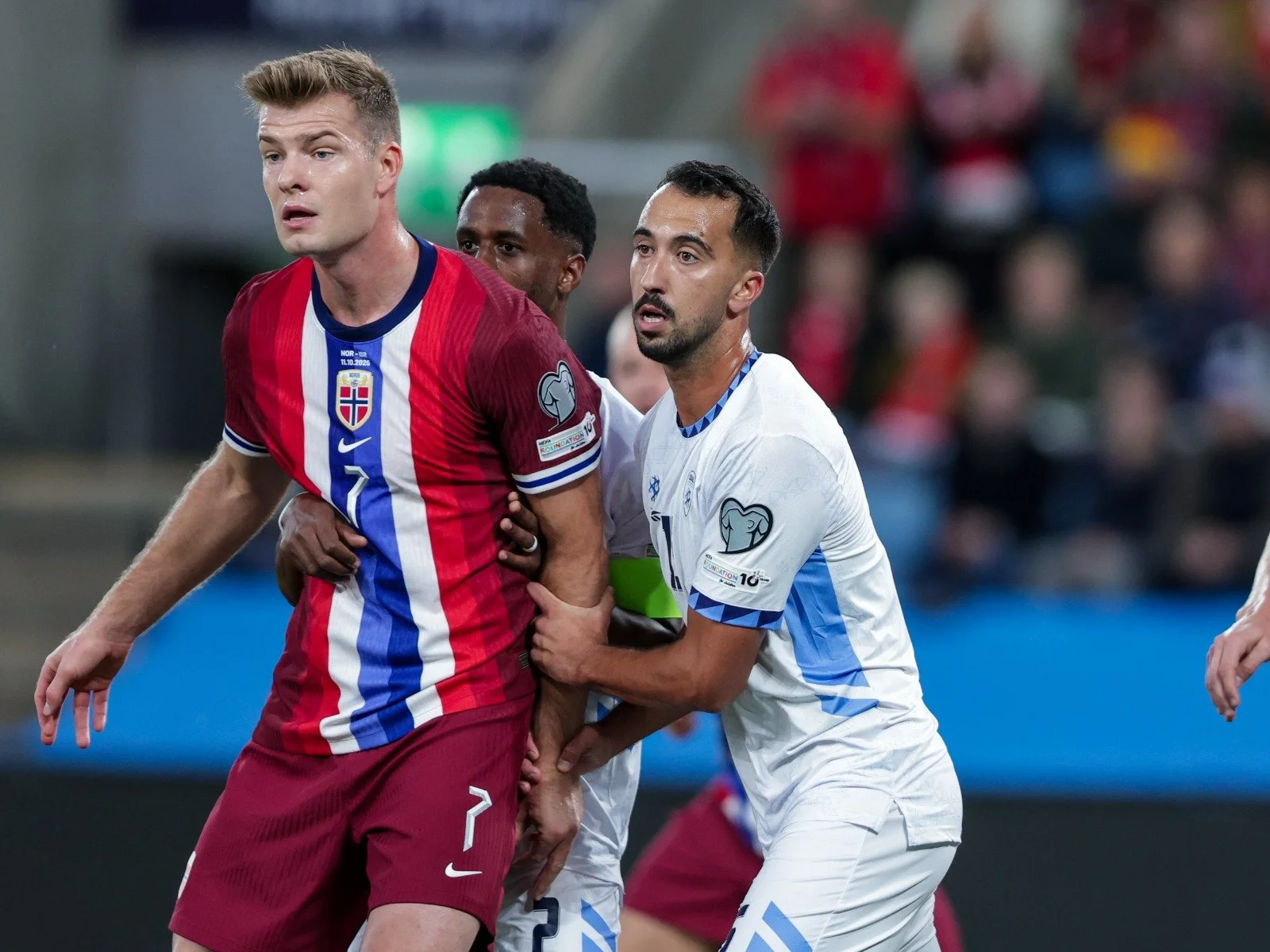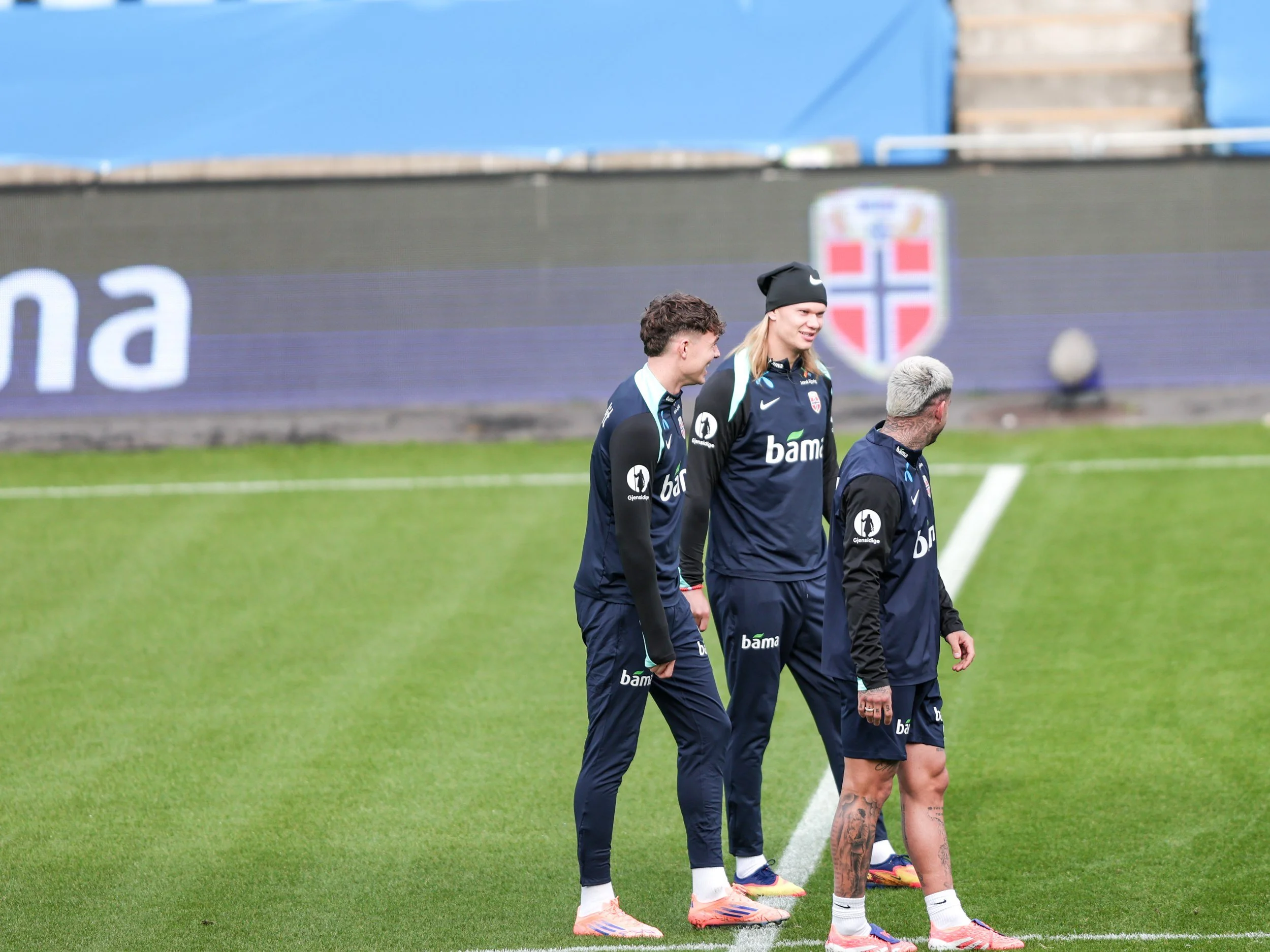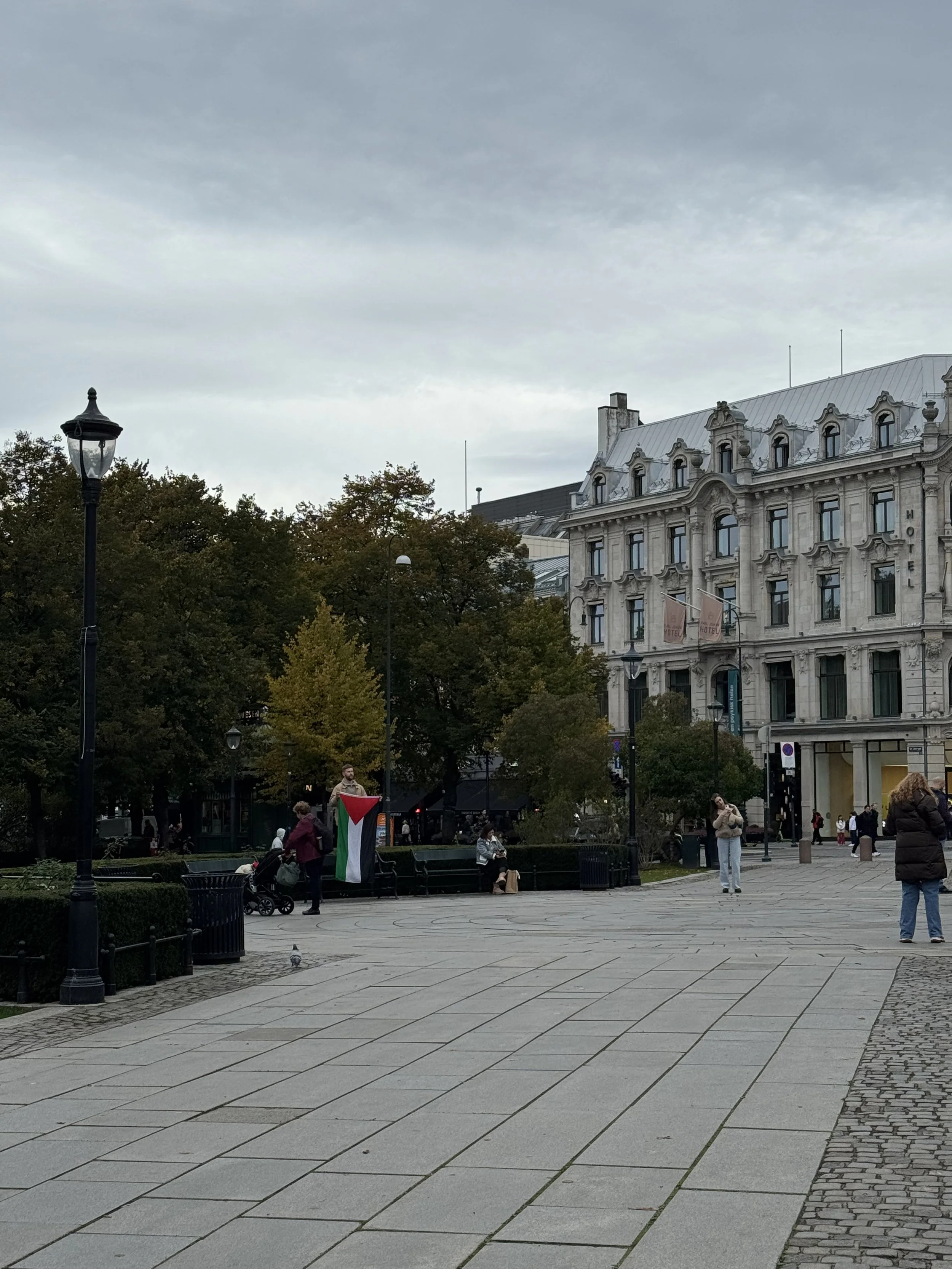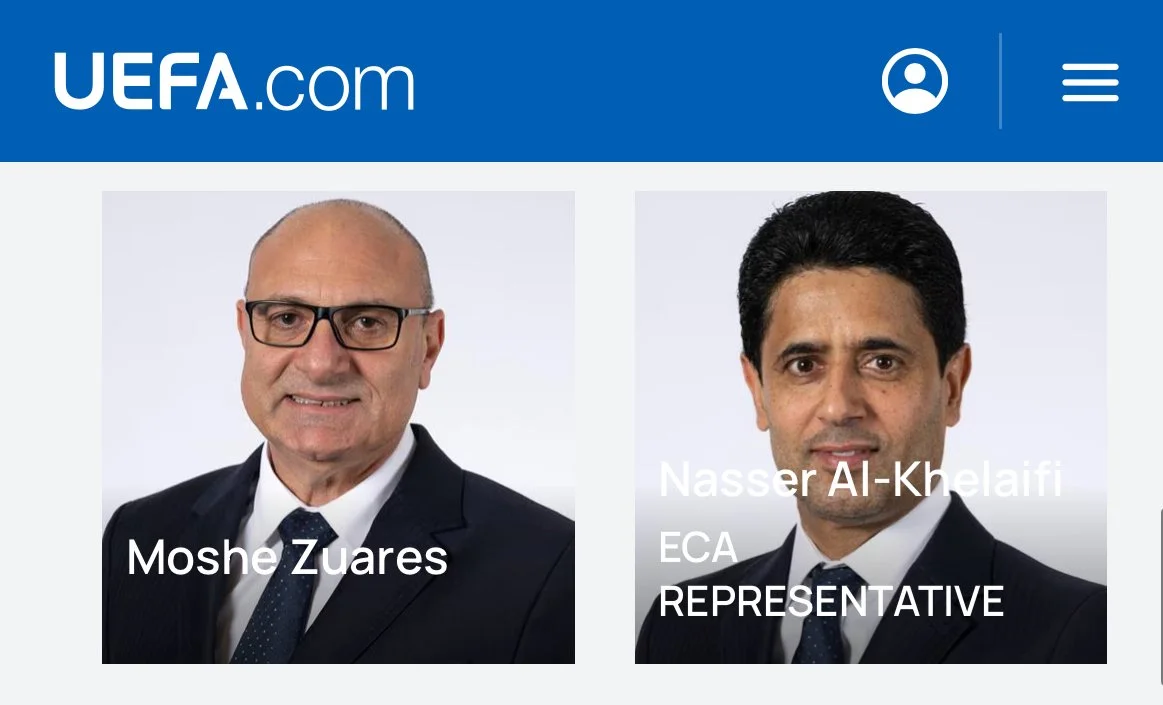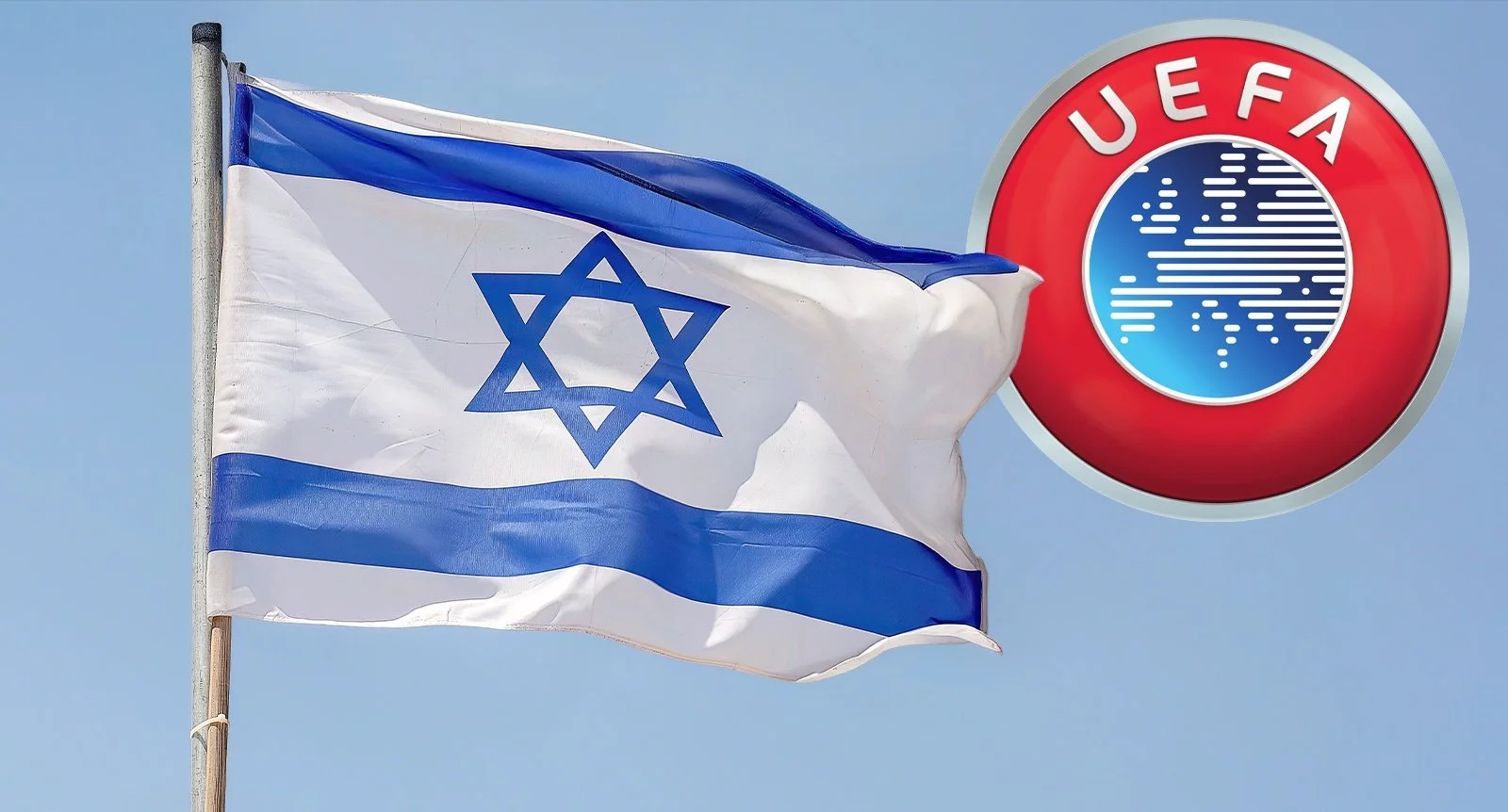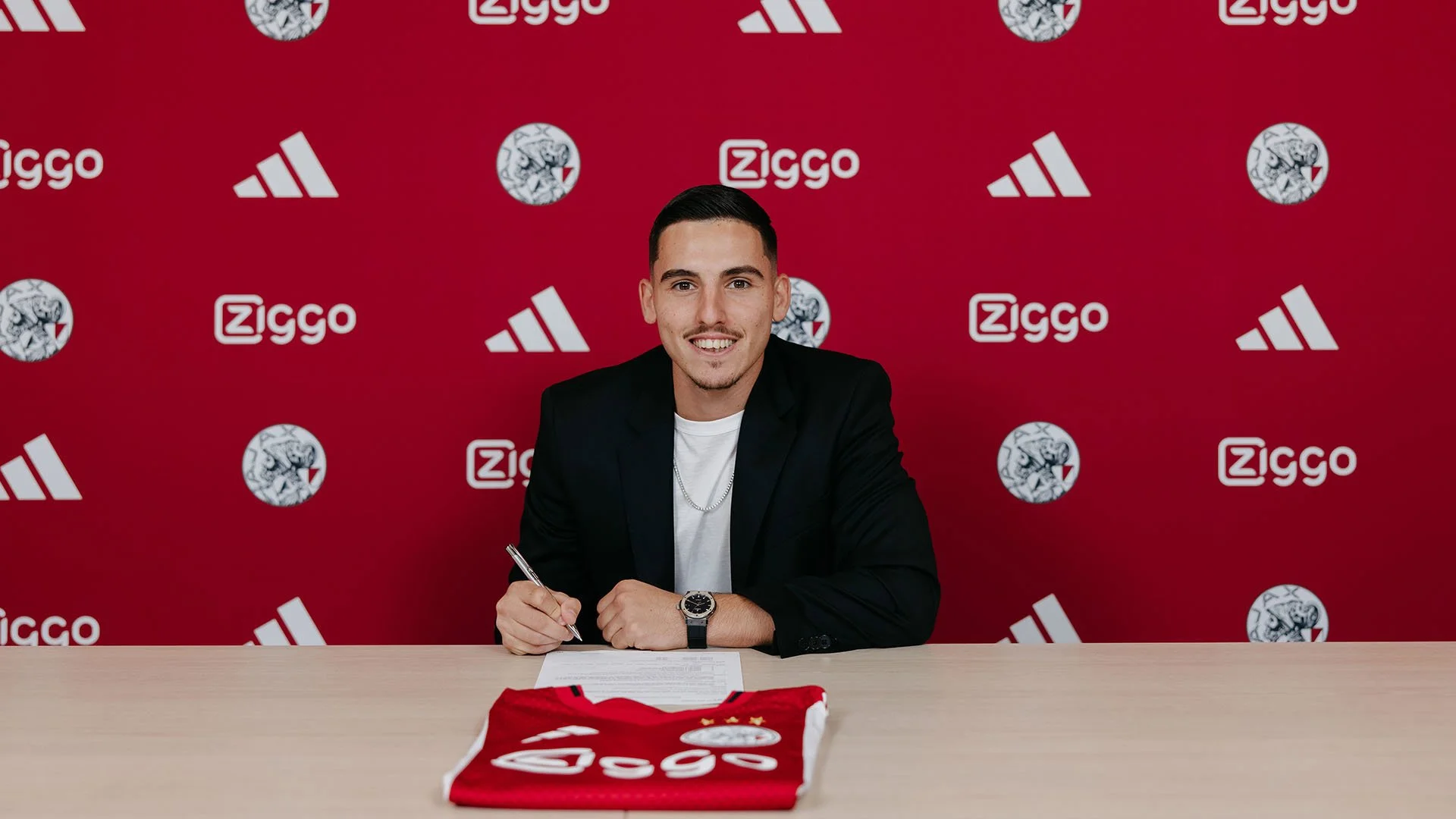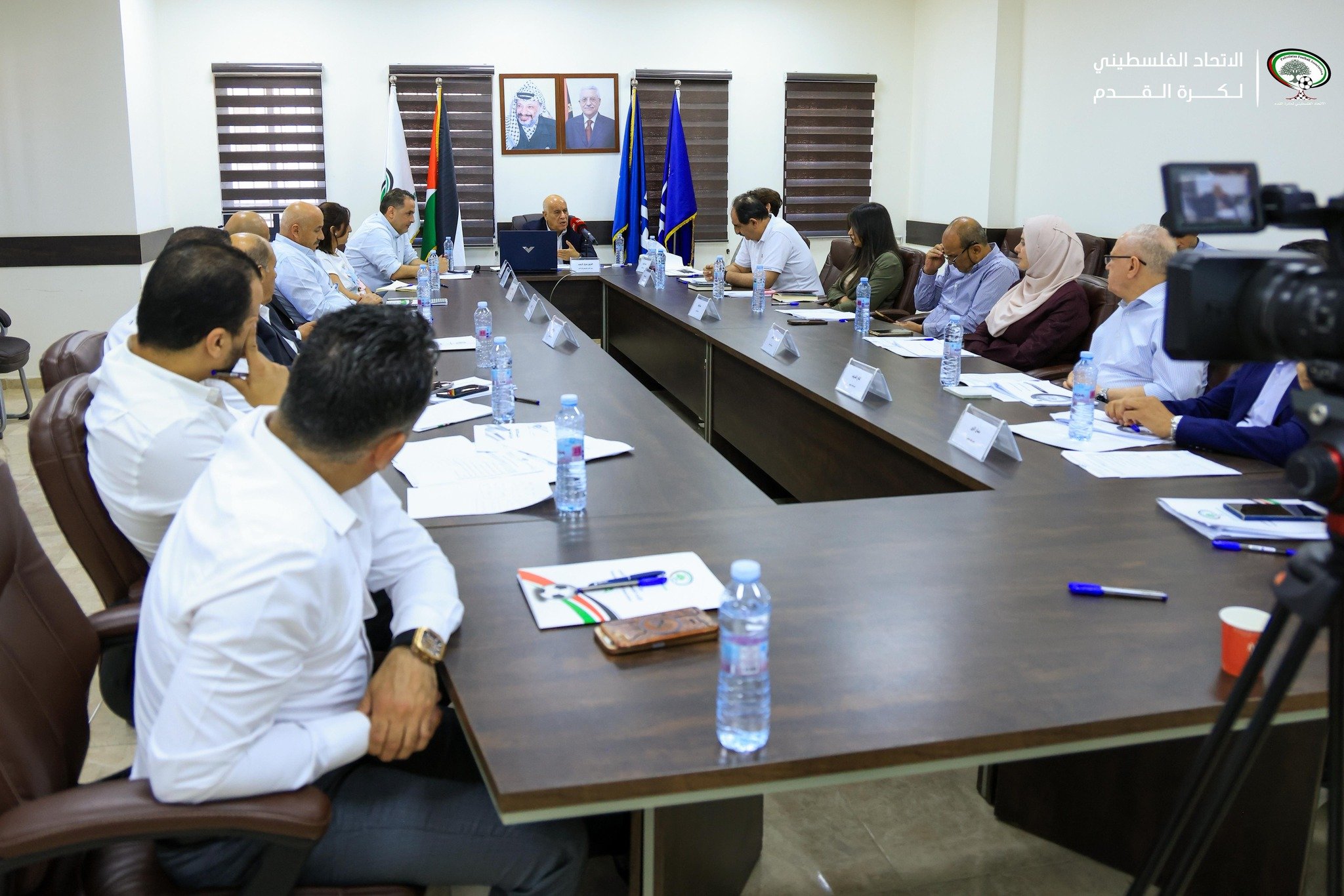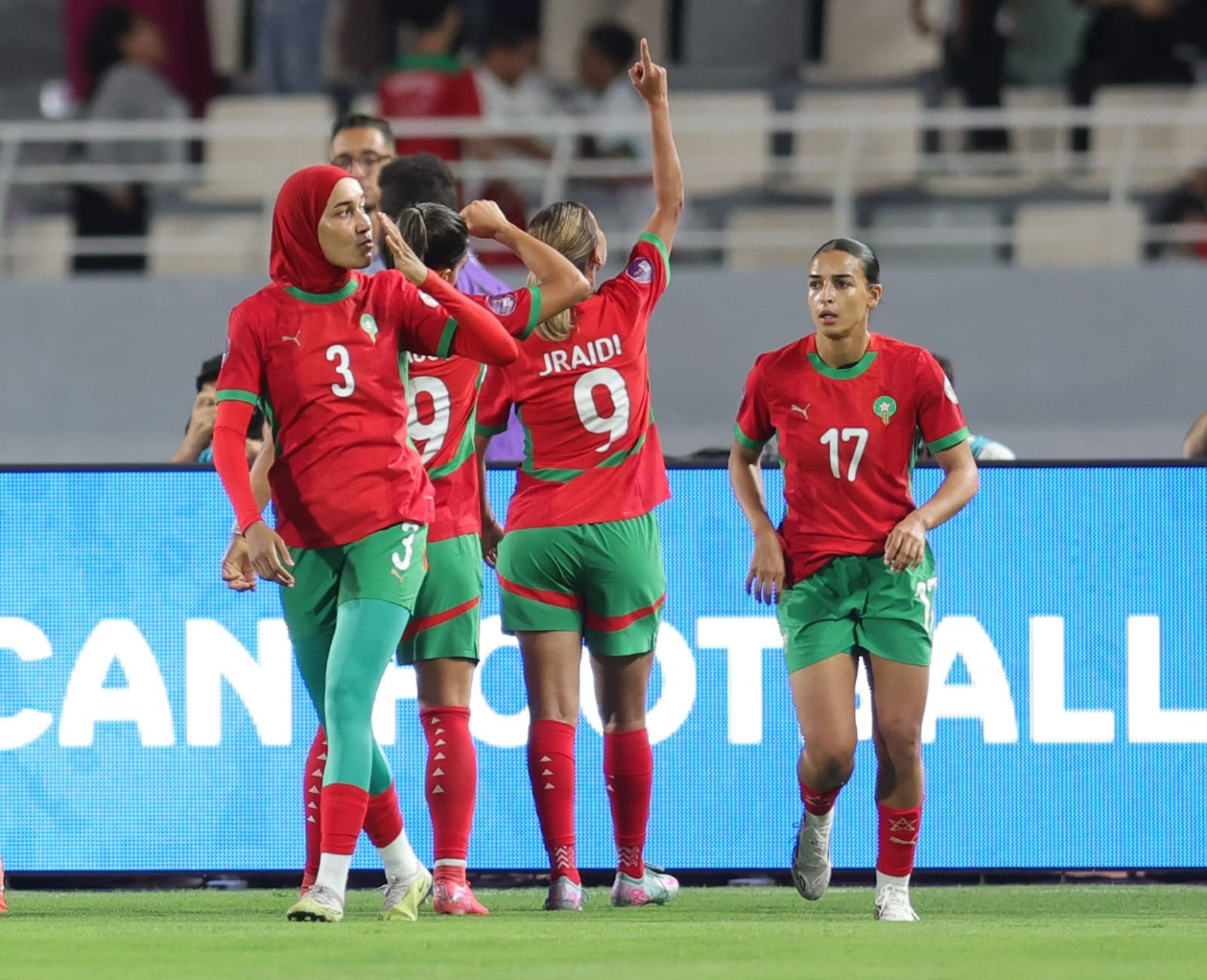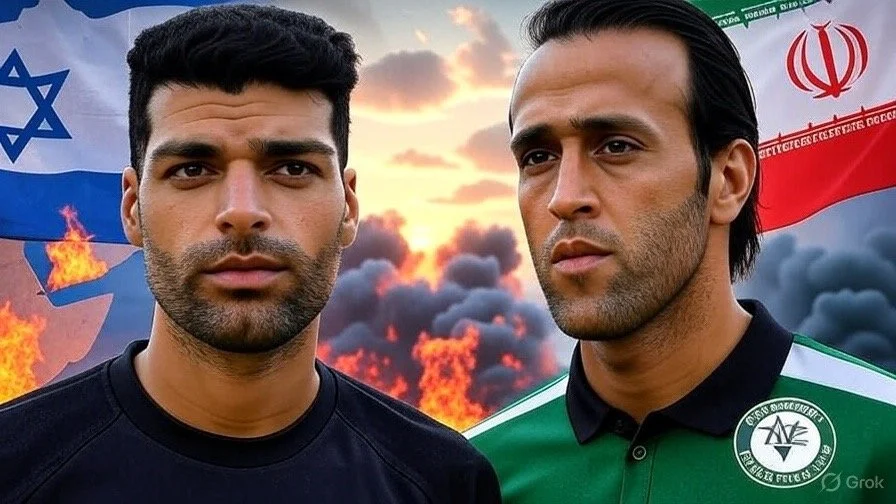On Monday evening, Naghesh-e Jahan Stadium in Isfahan, Iran, was buzzing differently.
Tens of thousands of fans sang in the stands, rocking black and yellow accessories, a massive tifo started to spread, and a colourful pyrotechnic show began.
Between the smoke and the lights it felt as if Isfahan was up there with Casablanca, Rosario or Milan at that very moment.
Some female football fans had been allowed to attend too, albeit only 200 people who had been chosen beforehand.
Everything was ready for an epic west Asian football classic, between two teams that until recently had represented a fierce rivalry - local side Sepahan and the Saudi giants Al Ittihad Jeddah.
But what was meant to be a festive second game for a Saudi team on Iranian soil after a seven year hiatus, turned into a geopolitical crisis.
Soleimani on the sidelines
A few minutes before the AFC Champions League’s group stage second matchday clash began, with the players already in the dugout, the Saudis refused to go on the field and play.
Why? Because a statue - as a matter a fact, three of them - of Qasem Soleimani, the late commander of the Quds Force, the Iranian Islamic Revolutionary Guard special division for extraterritorial and covert military operations, was standing on the sidelines.
Soleimani was known as ‘The Shadow Commander’, the person behind the Islamic Republic regime’s military moves from Lebanon to Yemen and beyond.
He was assassinated at the Baghdad Airport in Iraq in 2020, making him an admired martyr for some in the country, a hero among the Islamic Republic’s supporters and Shiite Muslims worldwide.
Part of his policy had brought significant tensions between Iran and Saudi Arabia.
This tension created a situation where Iranian and Saudi teams have only played each other in neutral venues since 2016.
The statue had also been there for Al Ittihad’s training session the day before the match.
Per Iranian football connoisseurs, it’s been there since Soleimani was assassinated three years ago.
But, with all the political significance and cargo of having a Soleimani statue on the sidelines, Al Ittihad’s delegation, or a Saudi official, decided it was a direct provocation by the Iranian team, and guided the team not to go and play.
An hour later, Al Ittihad’s delegation was already on the bus towards Tehran airport.
Iran and Saudi Arabian relations
This incident has come at an interesting time, after a cooling in diplomatic relations between Saudi Arabia and Iran.
The two countries had sent ambassadors, re-opened embassies, and expressed great affection towards one another.
That was very clear in Al Nassr and Cristiano Ronaldo’s visit to Tehran.
While Sepahan claimed that the statue has been there for three years and that Al Ittihad had said nothing regarding its presence on the sidelines the day before in training, the Saudis have said it was a targeted act by their Iranian hosts.
The Asian Football Confederation's statement in the matter tried to avoid taking sides.
Those who suffered from the situation the most were the fans, who had expected to see N’golo Kante, Fabinho and the stars of the PIF-backed Saudi champion.
A few were captured throwing bottles and objects at Soleimani’s statue in anger at the match’s cancellation.
Sepahan’s players came out to apologise and thank fans for their support.
Al Hilal game goes ahead as planned
The day after, on Tuesday, Nassaji Mazandaran hosted Al Hilal at Azadi Stadium.
Despite organisers attempting some profound fixing works to the terrible pitch that caused five hamstring injuries during the Persepolis-Al Nassr match two weeks ago, there was a fear that the match wouldn’t be able to take place as planned.
Eventually, aside from a couple of red cards, Al Hilal cruised to a 3-0 win, with goals by Alexander Mitrovic and Neymar, who scored his debut goal for the Riyadh giants - his first since landing in the Middle East and Asia.
Al Hilal captain Sleman Al Faraj was sent off in the game. Nassaji goalkeeper Mohamed Rashid Mazaheri helped to protect him from the mocking of the local fans.
A couple of days after the Sepahan-Al Ittihad match, Isfahan Municipality decided to hand these out across the city:
It seems there’s still a distance to make up in this renewed partnership.
“Al-Ittihad’s refusal to play Sepahan highlights limits to Saudi Arabia and Iran’s rapprochement”, James Dorsey wrote in his esteemed blog The Turbulent World of Middle Eastern Soccer.
“The two countries seek to cooperate on economic and other issues without attempting to resolve fundamental differences symbolized by Mr. Soleimani’s legacy.”
With this week's fixtures gone now, there won’t be any more visits for Saudi clubs to Iran in the group stage.
Reports of a possible rematch between Sepahan and Al Ittihad at a neutral venue are circulating online.
But the AFC will need to decide what to do with the abandoned game.
Whether they back the Saudi decision to withdraw and hand Sepahan a 3-0 loss due to political provocation, or hand the Saudis the same result for abandoning the game.
Edited by Alex Smith


